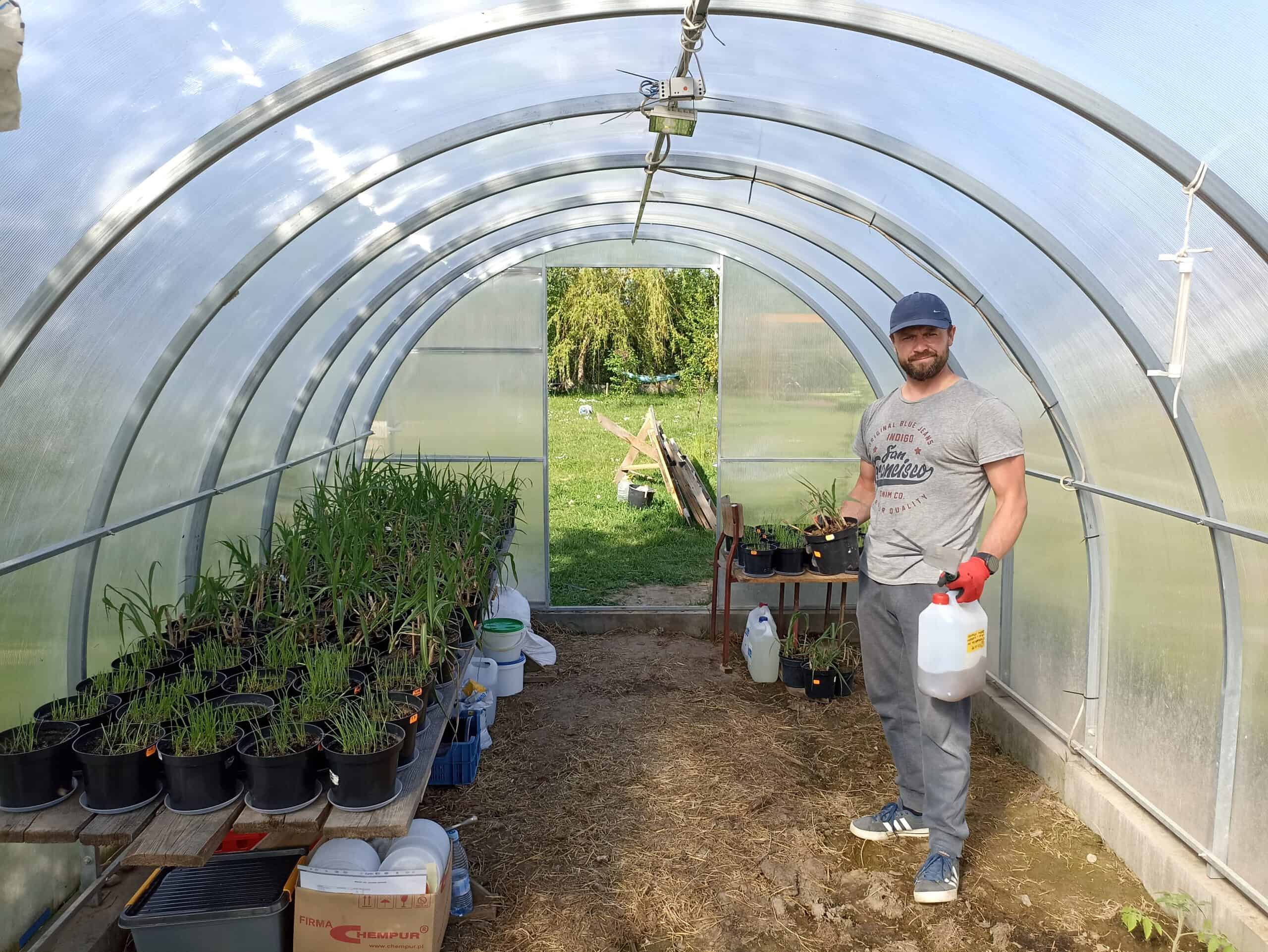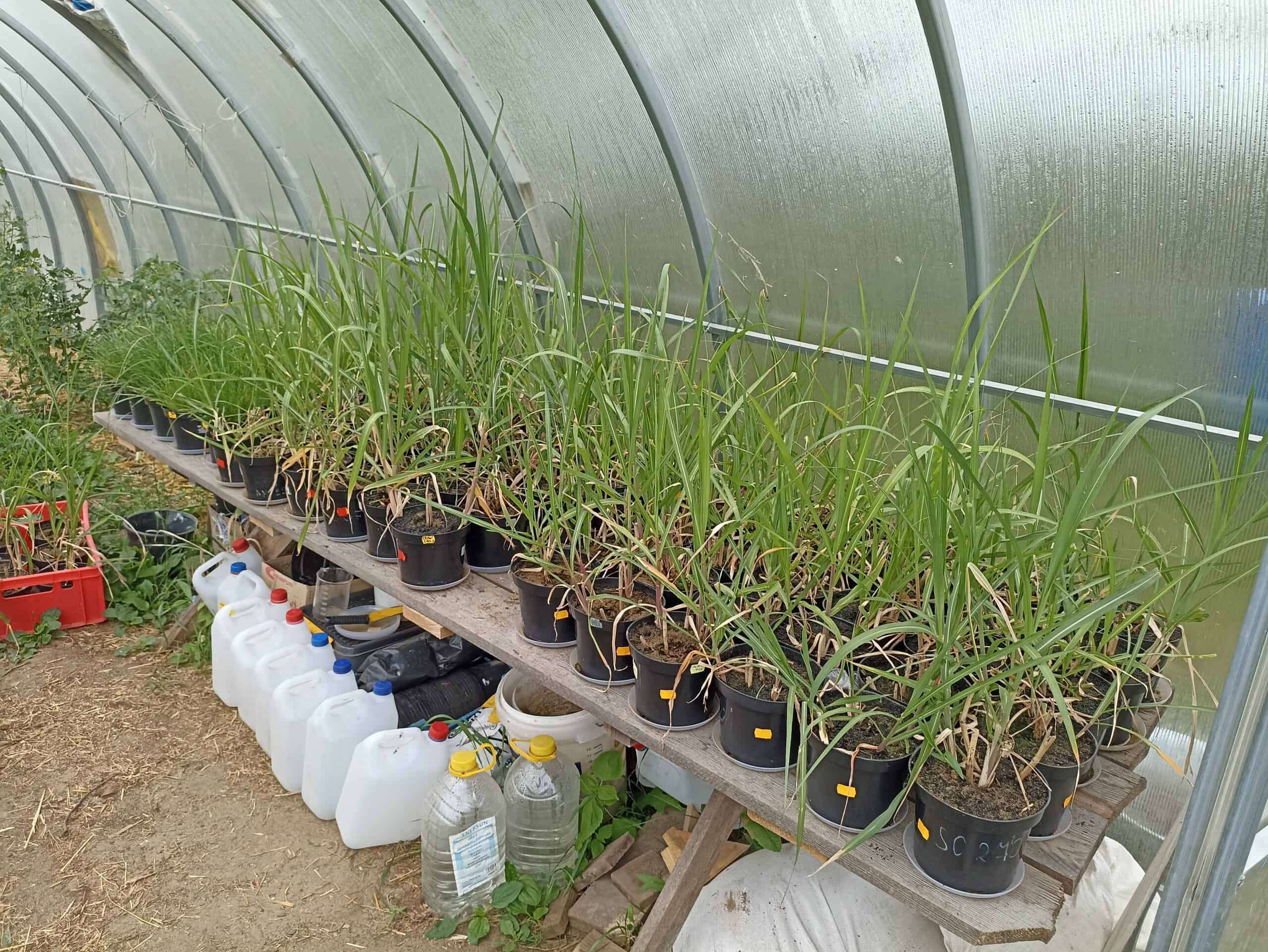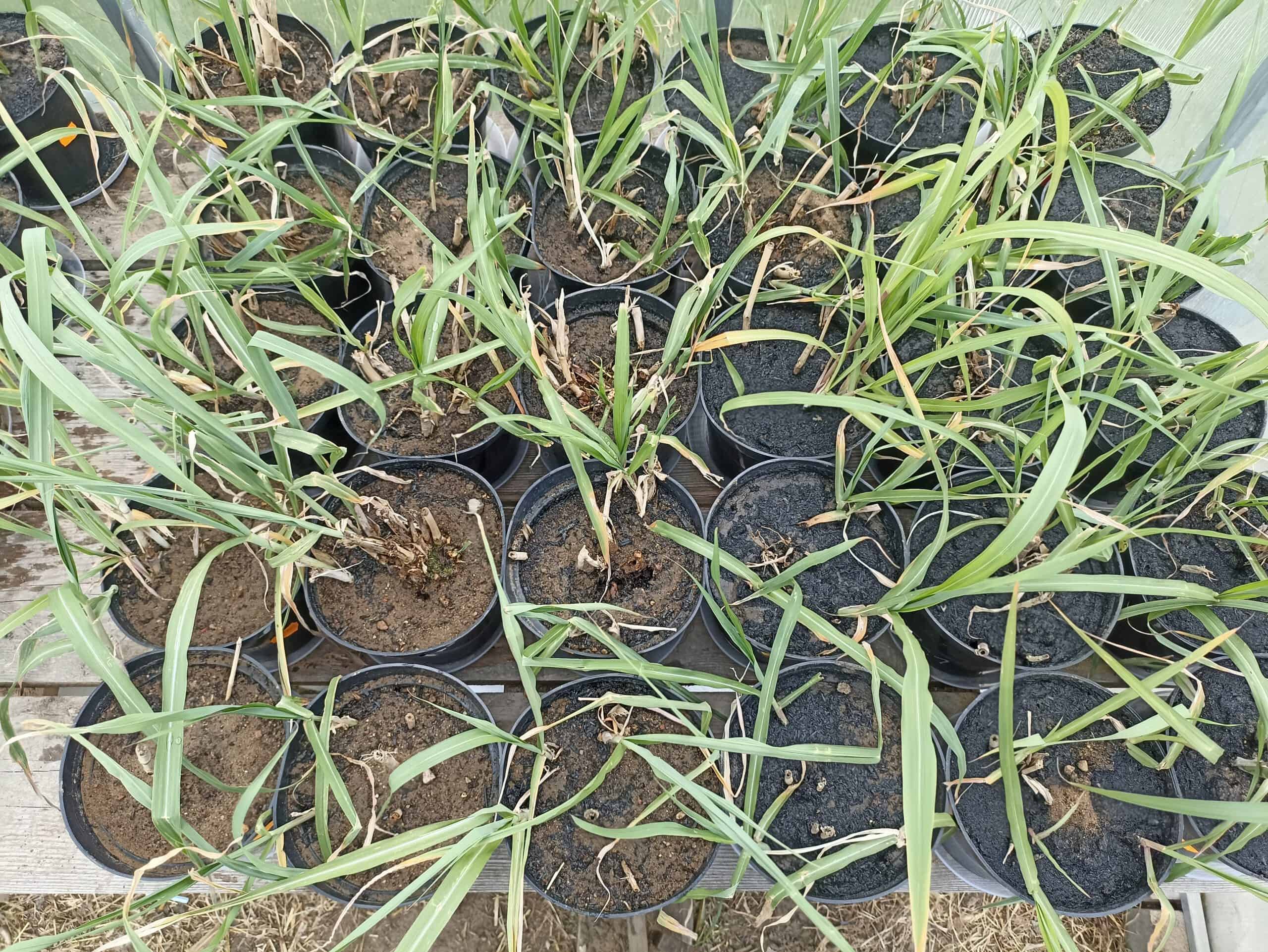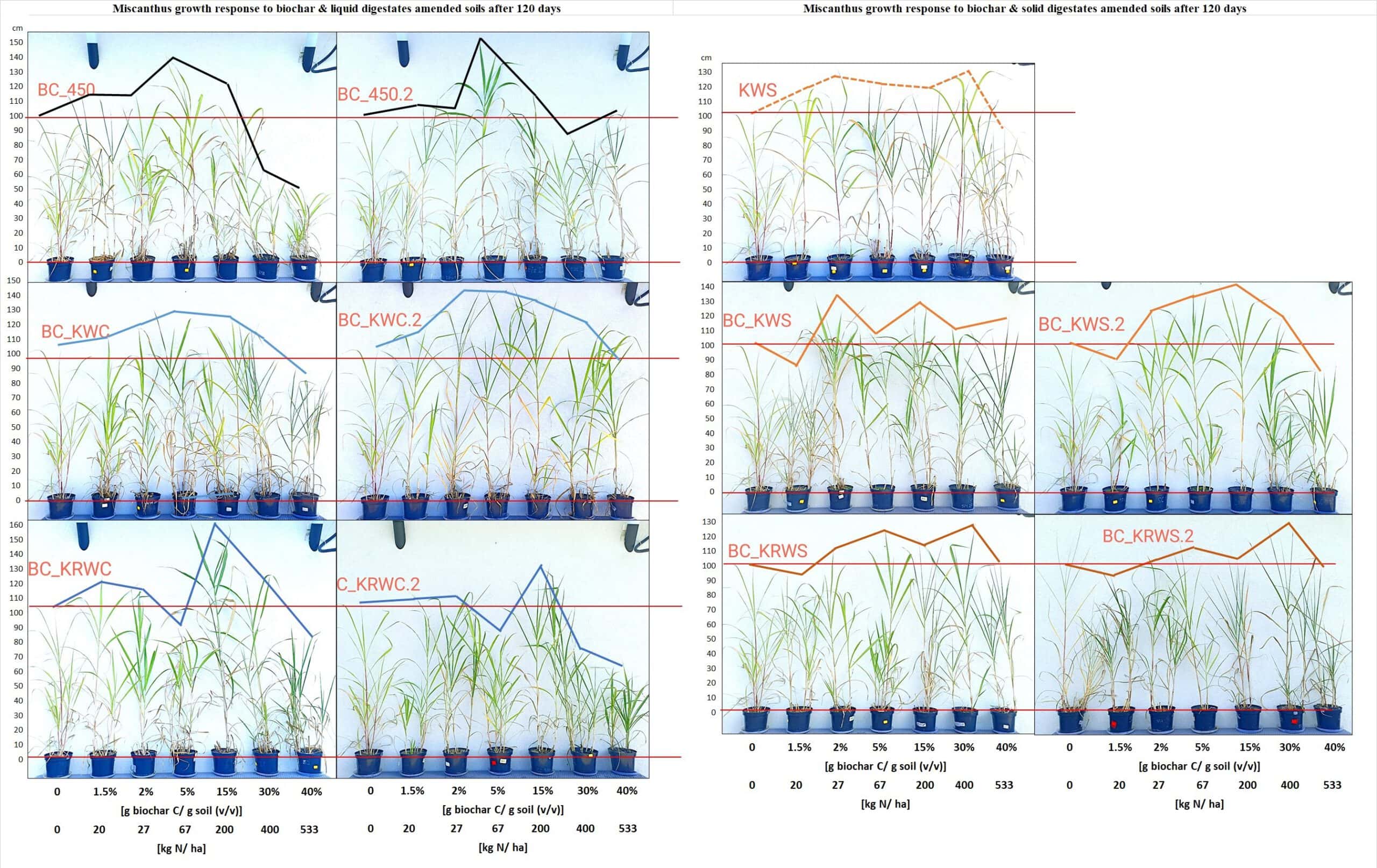
Recycling Organic Waste to Biochar Amended Soils Stabilizes Miscanthus x Giganteus Growth
27 March 2025
The study aimed to enhance biomass yield by applying various soil amendments, including straw-derived biochar and blends of anaerobically digested kitchen waste, stillage, and fish waste digestate. Six different fertilizer treatments were tested under greenhouse conditions to assess their impact on M×g growth. This approach aligns with sustainable practices by converting waste materials into valuable biofertilizers, promoting renewable energy sources, and improving soil quality on lands unsuitable for conventional agriculture.
The work was done by The Institute of Fluid-Flow Machinery Polish Academy of Sciences and the Gdansk University of Technology, Faculty of Civil and Environmental Engineering.
Abstract
Six treatments including straw biochar and its blends with organic waste (a mixture of anaerobically digested model kitchen waste, stillage and its enhancement with the fish waste digestate, both solid and liquid fractions) were tested via greenhouse experiment using fast-growing and pollution-resilient Miscanthus × giganteus. The four months long tests under spring/ summer conditions in northern Poland with six fertiliser loads were conducted. When only biochar was applied, the Miscanthus growth showed the maximum at 5% v/v dose, however inhibition was noticed at 15-40% v/v dose. Organic waste additions to biochars helped to maintain stable growth (up to 150 cm of height after 120 days) for wider range of doses. In general, treatments with organic digestates made plants less vulnerable to nutrient shortages in the soil. Calculated cumulative fresh matter yields were in ranges 11.4-59.9 Mg ha-1 after 30 days, 27.4-68.49 Mg ha-1 after 60 days, 31.4-79.9 Mg ha-1 after 90 days and 28.5-91.3 Mg ha-1 after 120 days of growth. All plants represented moderate stress as none of them reached the photochemical efficiency associated with optimal growth (0.79-0.84). The stress trends followed the plant’s height trend. Total nitrogen retained in soil was up to 1.7 g N kg-1 soil. The results presented can serve as recommendations for further power plants/ biorefineries concepts when tackling various streams of waste with different moisture contents.
For more information about the study or to request a copy of the publication please contact: Ksawery Kuligowski, The Institute of Fluid-Flow Machinery Polish Academy of Sciences, emai: kkuligowski@imp.gda.pl
The journal can be accessed via:
https://www.sciencedirect.com/science/article/abs/pii/S1364032125002540
or









